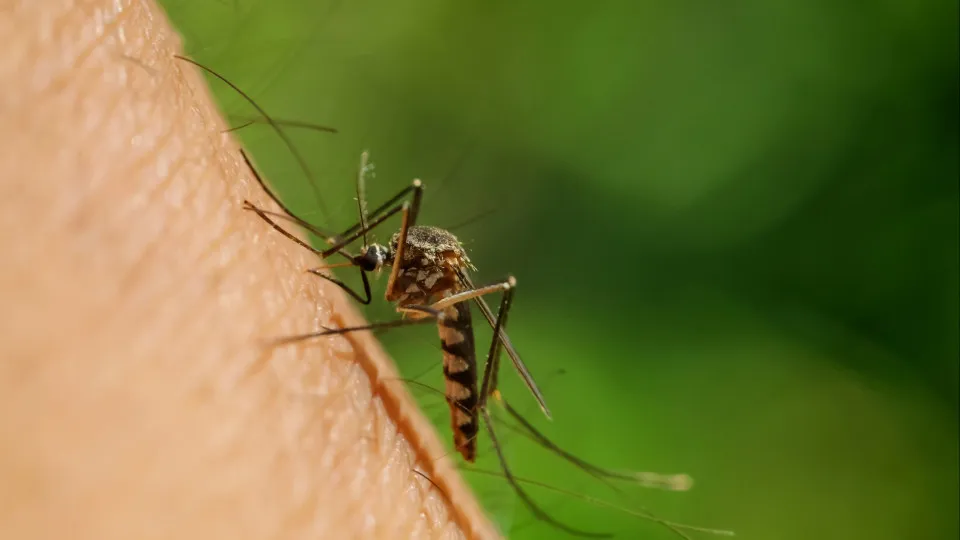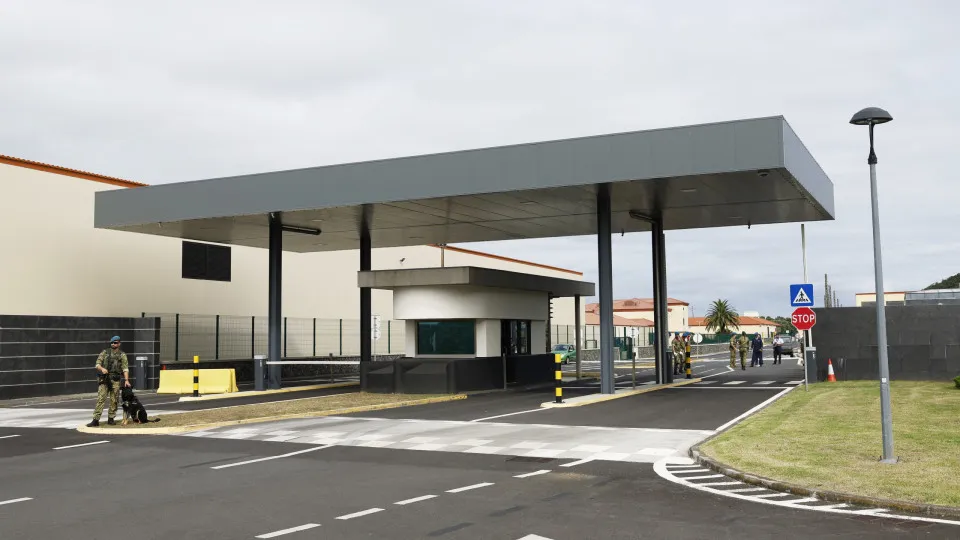
The Instituto Nacional de Saúde Dr. Ricardo Jorge (INSA) celebrated its 126th anniversary, marking the national coordination of Revive — Rede de Vigilância de Vetores, through a formal order by the Secretary of State for Health. Fernando Almeida emphasized the significance of this coordination, which had previously been conducted informally.
Revive engages approximately 350 professionals across the nation, including environmental health technicians and public health doctors, who conduct extensive research and collection of mosquitoes and ticks.
The network plays a crucial role in the early detection of vectors that transmit diseases such as Zika, Dengue, and Chikungunya, especially as the Aedes albopictus mosquito is now prevalent throughout most of the country.
Almeida pointed out the increased responsibility Revive holds, allowing cooperation with local health units, regional health delegations, the Directorate-General of Health, and similar institutions, enhancing proactive measures rather than being reactive.
He reassured that Portugal is fully equipped to respond efficiently and operationally to potential emergencies, highlighting the collaboration between INSA, the Directorate-General of Health, local health units, and other public health entities.
He noted that while Southern Europe, including Italy, France, and Spain, has reported indigenous cases of these diseases, Portugal has yet to document any internal transmissions, only imported cases, which keeps specialists vigilant yet calm.
The formalization strengthens surveillance efforts, positioning Portugal at the forefront of preparedness for any developments. He added, “While we cannot prevent these situations, as with Covid, we aim to ensure effective and fully operational responses if they occur.”
The comments were made during INSA’s anniversary celebrations, which Almeida views as an opportunity to consolidate its national and international standing and modernize its organizational law and statutes after 13 years.
According to Almeida, this modernization will enhance INSA’s ability to meet challenges more effectively, adapting to modern scientific developments like genomics, artificial intelligence, digitalization, and new diagnostic methods.
Current projects include the Million Genomes Strategy, an innovative European-level initiative planned for 2026, and the non-invasive prenatal test, now part of the National Health Service, enabling fetal malformation detection through a simple blood test.
INSA is also conducting research on severe combined immunodeficiency, aiming to incorporate this condition into neonatal screening as recommended by the Assembly of the Republic.
Almeida also highlighted strengthened cooperation with Portuguese-speaking African countries and the modernization of infrastructure and equipment, supported by the Recovery and Resilience Plan (PRR).




